Australian journalists Bill Birtles, Michael Smith evacuated out of China
ABC journalist Bill Birtles has described being questioned in China as ‘harassment’ after tensions between Canberra and Beijing forced his hurried evacuation overnight.

ABC journalist Bill Birtles has described being questioned by China’s Ministry of State Security as “harassment” after tensions between Canberra and Beijing forced his hurried evacuation overnight.
The dramatic exit from China of Birtles and The Australian Financial Review’s Michael Smith was triggered by the detainment of Beijing-based Australian journalist Cheng Lei, a popular television host on the state-controlled China Global Television Network.
Birtles and Smith — who were the last journalists working for Australian media in mainland China — were evacuated as police and local authorities moved to detain them.
A midnight visit from Chinese police last week “felt very, very political”, Birtles told the ABC on Tuesday, prompting him to seek refuge at the Australian embassy in Beijing for four days while diplomats co-ordinated his hurried departure.
Smith took refuge in Australia’s Shanghai consulate, as diplomats negotiated their safe passage from the country, the ABC said.
Birtles and Smith were questioned separately by China’s Ministry of State security, the ABC reported.
It is understood Chinese police were within hours of arresting them.
Speaking from a Sydney hotel on Tuesday, where he is spending two weeks in quarantine, Birtles said he felt the fraught situation was “more one of harassment” than a genuine effort to find information over the Lei situation.
“It felt very, very political,” Birtles said. “It felt like a diplomatic tussle in a broader Australian-China relationship, more than anything specific related to that case.”
Birtles said he initially thought Australian diplomats were being alarmist when they flagged early last week that there had been an escalation in tensions over the detainment of Cheng.
“I felt like I had suddenly unintentionally become a pawn in some sort of diplomatic tussle, and so I was being briefed on where they were up to,” he said. “I was surprised by the initial advice.”
Birtles said he found the dramatic turn of events “unnerving and deeply disappointing” and flagged he would like to return to China to continue reporting on Australia’s largest trading partner as soon as it is safe to do so.
“Despite how this all sounds, had this not happened, of course I would love to just keep on doing my job in Beijing,” he said.
“...I don’t think I will ever be able to go back for probably a few years.”
Farewell drinks interrupted at midnight
Australian diplomats in Beijing reportedly warned Birtles he should leave China, while a similar warning was relayed to ABC managing director David Anderson in Sydney in relation to its correspondent.
Chinese officials arrived at Birtles’ apartment at midnight on Wednesday as he was holding farewell drinks with friends and colleagues, telling him he was banned from leaving the country, and would be questioned over a “national security case”, The ABC reported.
Smith and Birtles were only allowed to leave China after agreeing to be interviewed by Ministry of State Security officials about Cheng, according to the AFR.
The interviews went ahead after Australian diplomats were assured the journalists would not be detained, the newspaper reported.
Upon arriving at Sydney airport on Tuesday Birtles said he was “relieved” to be back on home soil.
“It’s very disappointing to have to leave under these circumstances, and it’s a relief to be back in a country with genuine rule of law,” Birtles said. “This was a whirlwind and not a particularly good experience”.
It's nice to be home but deeply disappointing to leave China under such abrupt circumstances. It's been a big part of my life & the past week was surreal. A very big thank you to the ABC, friends, colleagues & those involved at DFAT. Plus @MikeSmithAFR for sharing the ride out. pic.twitter.com/zkJEV4Oa27
— Bill Birtles (@billbirtles) September 8, 2020
Smith told the AFR: “It’s great to be back home safely after a difficult five days.”
“The late night visit by police at my home was intimidating and unnecessary and highlights the pressure all foreign journalists are under in China right now.”
AFR editor-in-chief Michael Stutchbury and editor Paul Bailey said they were pleased Smith and Birtles had made a safe return to Australia, but the circumstances of their exit were concerning.
“This incident targeting two journalists, who were going about their normal reporting duties, is both regrettable and disturbing and is not in the interests of a co-operative relationship between Australia and China,” they said in a statement.
“Thank you to the Department of Foreign Affair and Trade and consular officials who assisted in their safe return.”
An ABC spokesman said: “The ABC has brought back China correspondent Bill Birtles to Australia following advice from the Australian government.
“This bureau is a vital part of the ABC’s international news-gathering effort and we aim to get back there as soon as possible. The story of China, it’s relationship with Australia and its role in our region and in the world is one of great importance for all Australians and we want to continue having our people on the ground to cover it.”
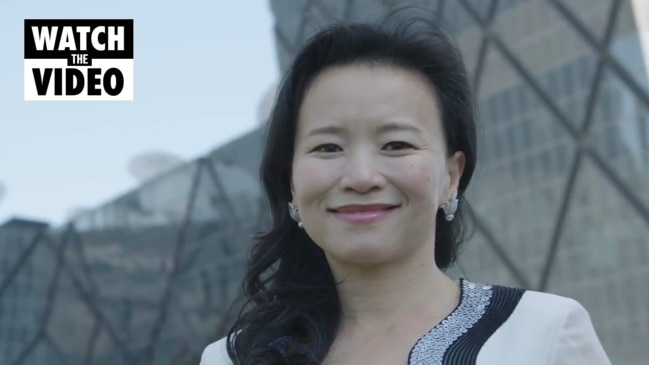
Foreign Minister Marise Payne confirmed in a statement the journalists had received consular support to leave China.
“Our embassy in Beijing and Consulate-General in Shanghai engaged with Chinese government authorities to ensure their wellbeing and return to Australia,” she said.
“Our current travel advice for China, which was updated on July 7, remains appropriate and unchanged.
“We encourage all Australians who are overseas, or are seeking to travel, to closely monitor Smartraveller.
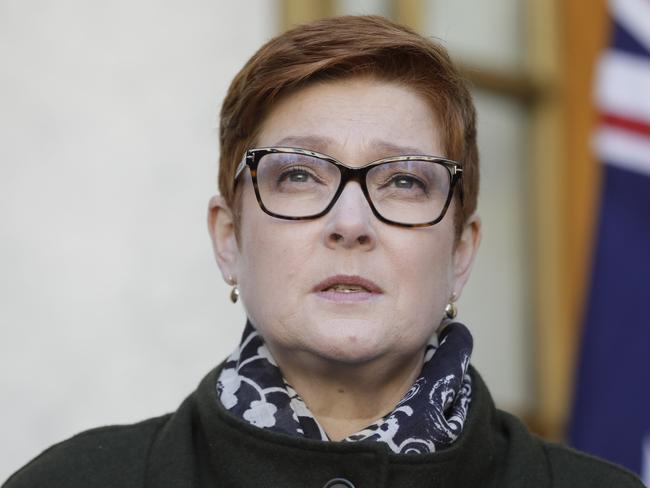
“The Australian government continues to provide consular support to Australian citizens detained in China, including Ms Cheng Lei. We are unable to provide further comment owing to privacy obligations.”
The evacuation of the remainder of the Australian press corps in China reveals the profound breakdown in trust with Australia’s biggest trading partner.
It also indicates just how wide ranging concerns have become about the arbitrary detention of further Australian citizens.
Cheng held for ‘endangering national security’
China’s foreign ministry has revealed Cheng has been detained for “endangering China’s national security”.
Speaking in Beijing on Tuesday evening, a foreign ministry spokesman Zhao Lijian said Cheng was “suspected of carrying out illegal activities endangering China’s national security”, a wide-ranging charge in the country’s opaque legal system.
China’s expansive definition of “national security” has been used to jail local journalists, lawyers, scholars and activists.
A similar law — which was used to imprison a Chinese blogger Wu Gan for eight years in 2017 — was imposed in Hong Kong in July, leading to concern it would criminalise all criticism of Beijing in the city.
The Chinese foreign ministry spokesperson also defended the treatment of Birtles and Smith, who were both interrogated by the Ministry of State Security about Cheng.
“China protects the legitimate rights of the journalists, but when in China they have the obligation to observe China’s laws and regulations. As long as the foreign journalists observe laws and report according to law there is no need to worry,” Zhao said.
China defends treatment of journalists
The two Australian journalists flew out of the country a week after China’s foreign ministry spokesperson Hua Chunying defended the country’s treatment of foreign journalists.
“We at the (Ministry of Foreign Affairs) Information Department do our best to make your life and work in China as convenient as possible. We do this for all foreign journalists in China,” Ms Hua said in Beijing last Wednesday.

As the relationship with Beijing has continued to deteriorate after the Morrison government’s call for an independent inquiry into the origins of COVID-19, concern has mounted in Canberra that the Chinese government would engage in “hostage diplomacy” – arresting Australian citizens on the mainland to increase its leverage.
Cheng’s detainment without charge – now in its third week – was made public by Senator Payne on August 28, rattling the tight-knit community of Australians in China and increasing anxiety among the shrinking cohort of foreign journalists working in China.
It came after the Australian department of foreign affairs in July updated its travel advice to China which now warns that Chinese authorities “have detained foreigners because they’re ‘endangering national security’”.
“Australians may also be at risk of arbitrary detention,” the Australian government added, in travel advice many Australians in China said was an over-reaction.
“Seems DFAT was right,” one Australian in Beijing told The Australian.
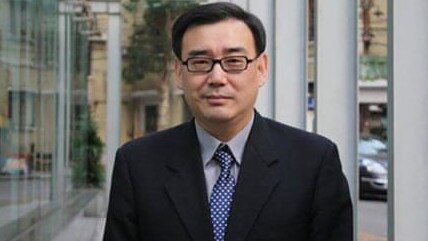
The Australian government’s concern over Birtles and Smith reveals its profound distrust in President Xi Jinping’s increasingly authoritarian regime.
In recent years, China has demonstrated its preparedness to make unexplained arrests previously unimaginable since the country began opening up more than forty years ago.
Scores of Australian business people, academics and former diplomats have told The Australian they have not risked visiting China since it detained two Canadian citizens Michael Kovrig, a former diplomat, and Michael Spavor, who ran a North Korean consultancy business, in late 2018.
The detention of the “Two Michaels” came weeks after Canada arrested Huawei executive Meng Wanzhou on charges filed in US courts.
China’s state media and foreign ministry have repeatedly linked the “Two Michaels” arrests to that of Ms Meng, leading many Australian’s to dread a similar scenario as the Australian-China bilateral relationship has continued to descend.
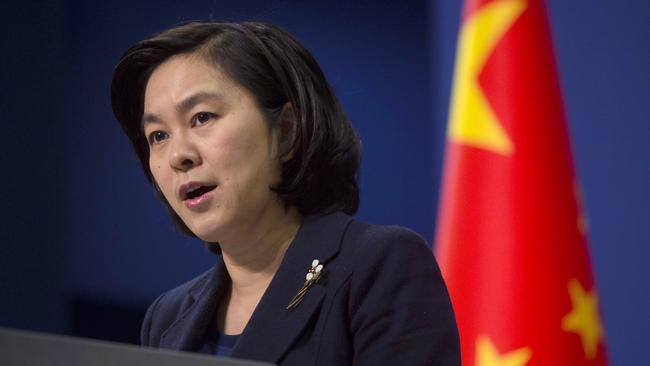
Months after the arrest of the two Canadians, Yang Hengjun — an Australian citizen who according to a report by the ABC once worked in a junior role at China’s Ministry of State Security — was arrested in Guangzhou, in China’s south.
Yang, a 55-year-old writer and small businessman, has since been charged with espionage, but many in Canberra believe it was linked to the Turnbull government’s foreign interference legislation which was passed in mid-2018.
There is widespread speculation that Ms Cheng may be charged with similar ill-defined crimes by China’s opaque legal and security structure.
The Australian’s China correspondent Will Glasgow is currently in Australia but was due to return to Beijing shortly. The Australian has been advised by the Australian government against sending him back.


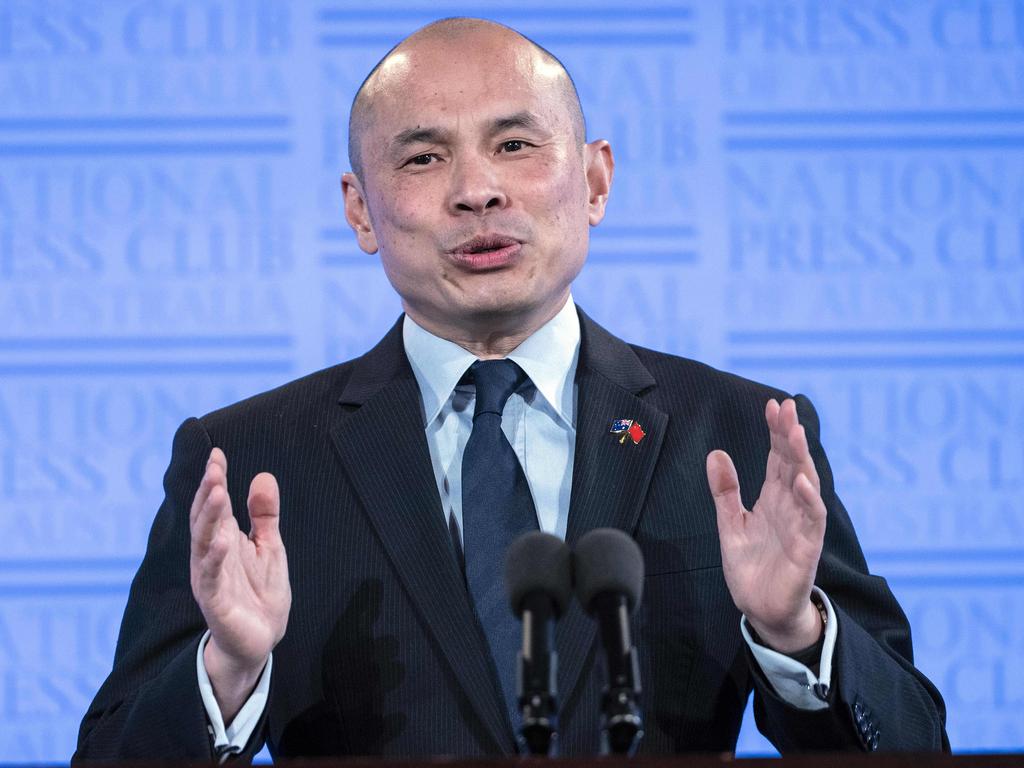



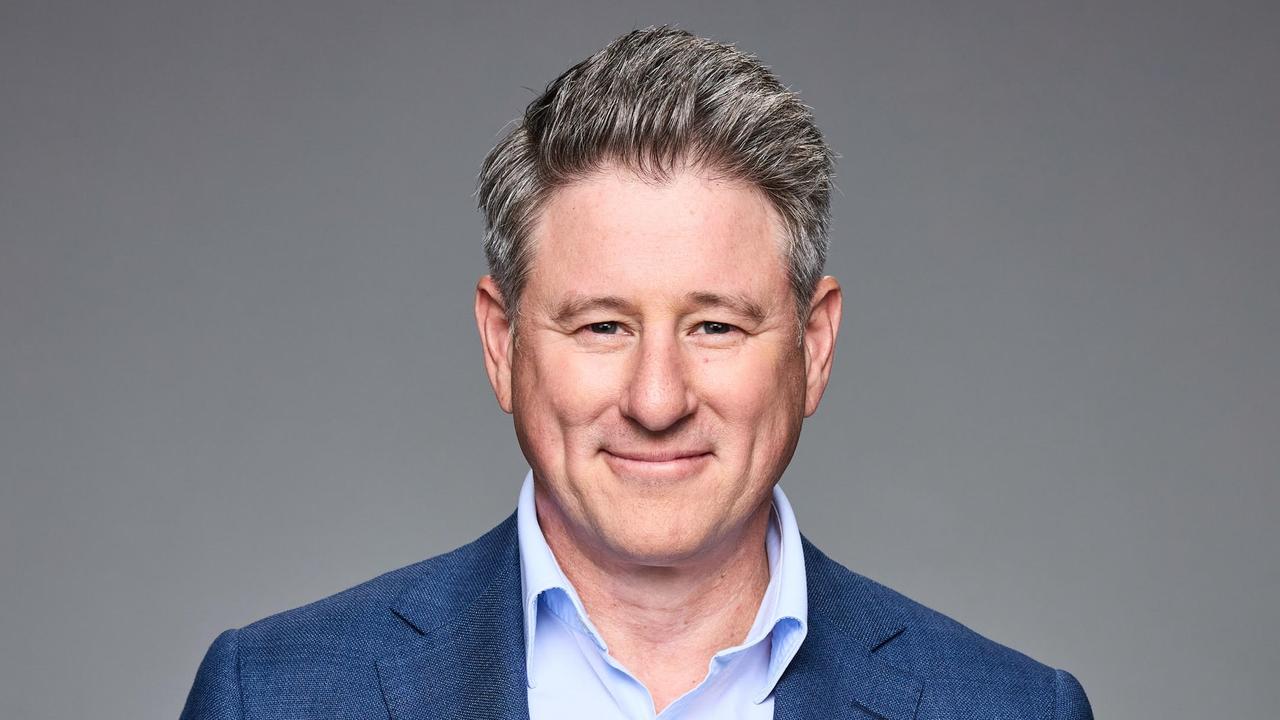
To join the conversation, please log in. Don't have an account? Register
Join the conversation, you are commenting as Logout